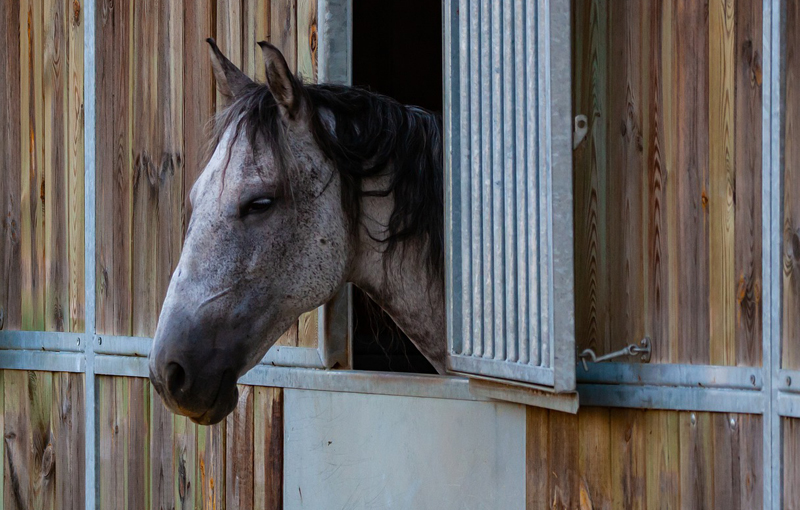Earlier this month, the Canadian Warmblood Horse Breeders Association (CWHBA) was made aware of the genetic disorder Warmblood Fragile Foal Syndrome (WFFS), following the announcement by a USA breeder of withdrawal of one of their stallions from their breeding roster due to him testing positive for the recessive WFFS gene.
WFFS is an inherited systemic connective tissue disorder characterized by extreme skin fragility resulting in tearing and ulceration, especially at the joints, from normal contact with everyday surroundings. Unfortunately there is no cure and affected foals must be euthanized soon after birth. Since WFFS is an autosomal recessive trait, a foal can only be affected when it inherits the recessive gene from both parents. A single copy of the gene can be “carried” through many generations without WFFS being expressed.
WFFS was first reported in the Journal of Veterinary Research in 2015, about a foal born in 2012. This is still a rare condition, with very few reported cases as there appear to be few live births.
The potential impact of WFFS and recommendations going forward, require facts and data. Members may wish to talk to their Veterinarian and consider testing their breeding stock for the recessive gene to determine any that may be carriers in order to avoid carrier to carrier breeding. Testing could apply to frozen semen as well. At present, only one Laboratory In North America, Animal Genetics Inc., in Florida, has a commercial test available for detecting this recessive gene.
The American Hanoverian and the KWPN-NA have both been in communication with their European studbooks, as well as mounting internal task force in North America on WFFS. The WBFSH will be addressing hereditary disease at their annual meeting this fall.
The CWHBA acknowledge and appreciate member concerns. We will continue to monitor the available information, and actively seek more from our own Veterinarian teaching & research centers. We encourage our members to have open dialogue with the CWHBA association, and their veterinary community.
For more information on WFFS, click here.
More from Horse-Canada:




